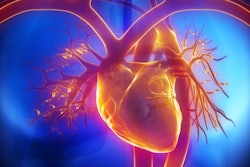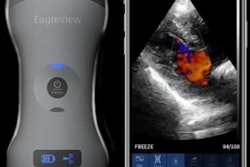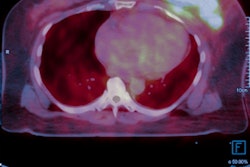Dear AuntMinnieEurope Member,
The global medical imaging community's knowledge of long COVID is gradually improving. Another important step forward came at the European Society of Cardiology (ESC) annual congress, when a team from the German Heart Institute Berlin reported findings from a study of 33 patients with persistent cardiopulmonary symptoms after COVID-19.
The authors examined whether microvascular perfusion, measured by quantitative cardiac MRI under vasodilator stress, was altered post COVID-19. Get the full story in the MRI Community. Also, we have another ESC report about COVID-19 that looks at major adverse cardiac events.
This week's second top story focuses on prostate MRI. Swiss investigators have found that an artificial intelligence-based computer-aided detection software application can improve the performance of radiologists in reading biparametric examinations. Their study involved 100 prostate MRI exams and seven radiologists. Don't miss our report.
Meanwhile, events at an English hospital group have come under scrutiny. An independent committee looked at 30% of the x-ray backlog at the group and identified three missed lung cancer cases, as well as another 20 to 30 possible cases of cancer. If nothing had been done, more than 42,000 x-rays and scans would have gone unexamined the following year, BBC News has reported.
Over recent weeks, many of you have enjoyed our coverage of the Tokyo Olympics. On Monday, we posted a firsthand account written by a French radiologist who worked at the Games. The article by Dr. Michel Daoud Crema is worth reading.
Have you ever heard of x-ray dark-field chest imaging? German researchers are convinced this represents the most significant advance in standard chest x-ray in 100 years, and they've shown how it can help diagnose lung disease in humans.



















